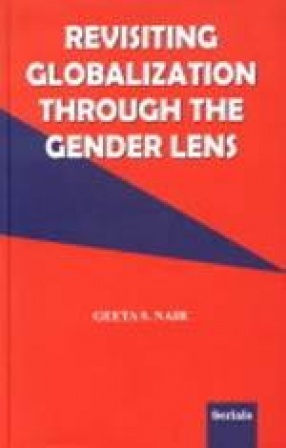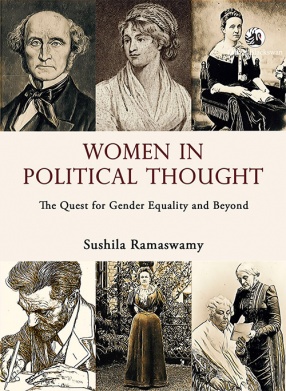The book is based on the doctoral thesis entitled, ‘From Command to Demand Problems of Transition’ submitted to the University of Mumbai on November 14, 2006 for the award of PhD Degree in Arts that deals with the impact of globalization on women workers in the urban informal sector in Mumbai in India. It brings out a detailed analysis of the changing nature on industrial employment in the decade of reform 1991-2001 that has its bearings on livelihoods, gender relations, and survival strategies of vulnerable segments of the economy and society. The field survey of 180 households represents a microcosm of various inter-related facets of modern India’s growth trajectory, namely, increasing informalization, casualization, and feminization of work along with rising migration, and ‘female-headship’ of households. The study of the metropolis of Mumbai is always an area of interest and relevance due to the special position that the mega city occupies in the mosaic of national development. A re-look at globalization should be attempted through the gender lens for concerns of ‘inclusive growth’ and also to promote gender development. An attempt is made to create a gender revolution that recognizes the invaluable contribution of women as workers, home-workers, and home-makers who are generally unpaid, under-paid, exploited, and unprotected. The divide between paid and unpaid work of women is increasing due to the nature of Neo-liberal reforms and the LPG strategy adopted by India since the nineties. A recognition of women’s contribution as producers and reproducers must be recognized in order to create a suitable policy framework for ‘gender-just’ development.
Women in Political Thought: The Quest for Gender Equality and Beyond
Women and Political Thought ...
$51.30
$57.00





There are no reviews yet.